It was supposed to be just another spacewalk, a simple routine inspection.
SEO keywords: science fiction space sci-fi spacex nasa astronaut elon musk mr. beast pewdiepie please don’t judge me for this I am a slave to the digital god.
It was supposed to be just another spacewalk, a simple routine inspection.
SEO keywords: science fiction space sci-fi spacex nasa astronaut elon musk mr. beast pewdiepie please don’t judge me for this I am a slave to the digital god.
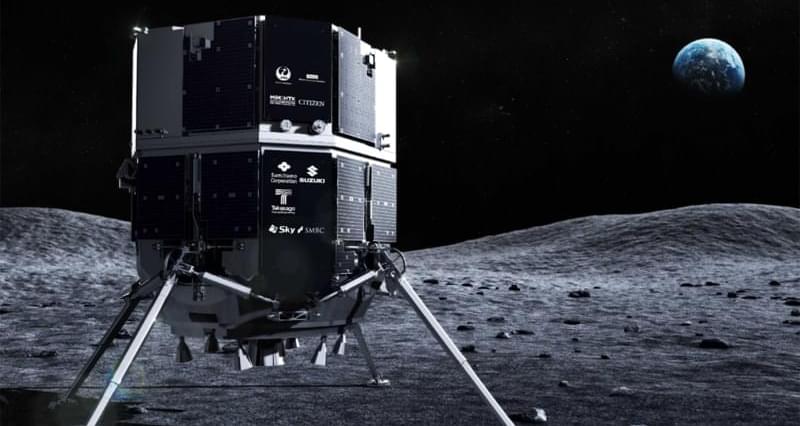
Ispace Inc. is a private Japanese company developing robotic landers and rovers for missions to the Moon. It aims to compete for both transportation and exploration mission contracts from space agencies and private industry. If successful, these spacecraft and the accompanying vehicles could enable clients to discover, map, and use the natural resources on Earth’s nearest neighbour.
In addition to its headquarters in Tokyo, the company has offices in the United States and Luxembourg, employing around 200 people. Although founded in 2010, its team of engineers had earlier competed in the Google Lunar X Prize.
Following more than a decade of research and development, ispace yesterday launched Hakuto-R Mission 1 – delivered into space on a partially reusable Falcon 9 Block 5 rocket. The spacecraft will now perform orbital manoeuvres, taking it as far as 1.5 million km (932,000 miles) from Earth, before arriving at the Moon sometime in April 2023.
We have a Discord server! Come join us, I answer questions on my videos regularly! https://discord.gg/TNB4nSCKBt.
Happy Winter! I’m back with another upload, very different in style from my normal content. I’ve wanted to do a Mars colonization video for some time, but I wanted to get Far Future Uranus out and work on a couple other things not content-related beforehand. Making this video was pretty fun, surprisingly. I expected far more terrain buggyness than I actually encountered, and the Starships were really fun to fly. Getting good Starship / Super Heavy landing catch shots was a bit tedious, but it ended up looking good in the end. I’ll be back to more normal content (stuff like Far Future Uranus/Beyond Sol) next time. Also, the 1st part of this video (the part synced to Flight Hymn) is obviously inspired by @NessusKSP in his Far Future Saturn video, hats off to him for making some great content with it!
Disclaimer:
This video is in no way suggesting that the timeline used is realistic or possible.
Game: Kerbal Space Program 1.12.
Mods (nonexhaustive list):
Real Solar System (obvious)
Realism Overhaul (makes things more realistic and difficult)
PRVE (RSS visuals)
RSSCanaveralHD (Makes the Cape look good)
TUFX (postprocessing, Ballisticfox’s configs)
Parallax 2.0
Starship Expansion Program.
Far Future Technologies (ground components)
Near Future Technologies.
Stockalike Station Parts Expansion Redux.
Planetside Exploration Technologies (colony parts)
USI Kolonization Systems (used for the large domes on the colony)
Procedural Parts.
Kerbal Reusability Expansion.
Booster Guidance (landing guidance)
Camera Tools (advanced camera movement)
Music:
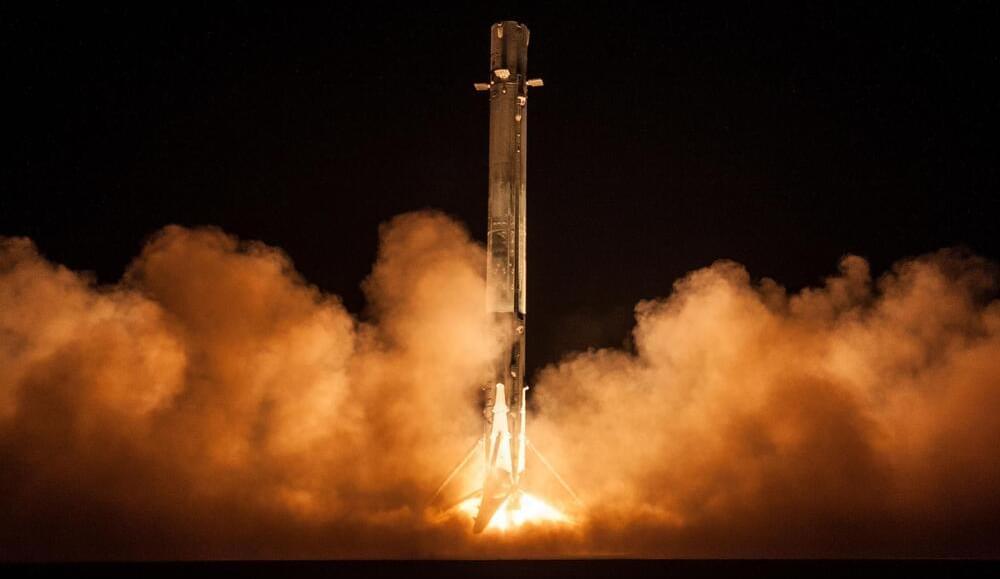
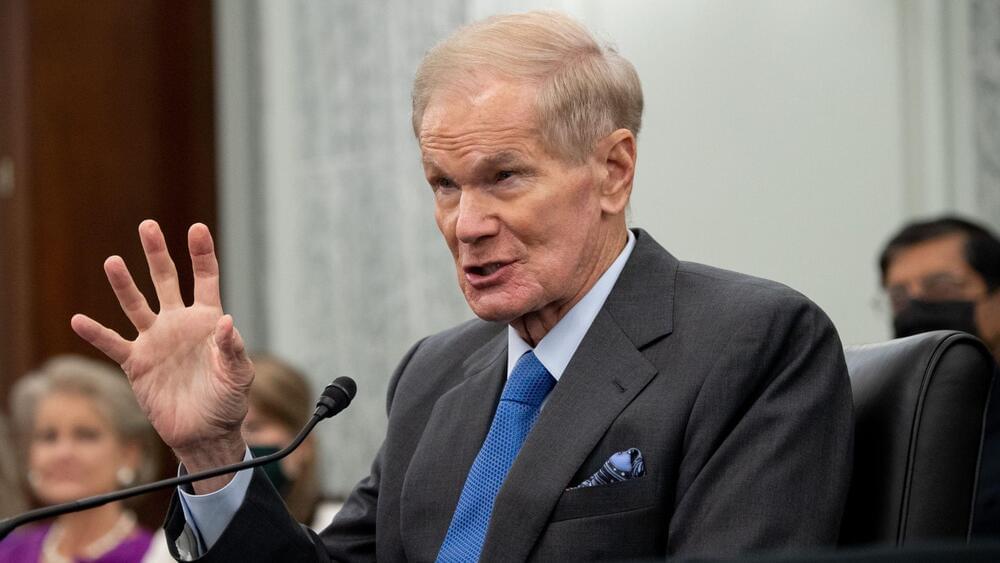
The Japanese are reliable partners in this mission.
Even before NASA’s Artemis I mission successfully splashed down in the Pacific Ocean, NASA chief Bill Nelson was preparing for the next phase of the mission, of sending crewed missions to the Moon. In an interview with Nikkei.
While details on how the spacecraft performed during its 25.
Getty Images.
While details on how the spacecraft performed during its 25.5-day trip are still not public, an incident-free launch and recovery mean that NASA can largely stick to its schedule for sending crewed missions next and landing on the Moon before 2026. The last time U.S. astronauts went to the Moon, they were competing with Russia. This time around, it is China that is looking to achieve the same goals.

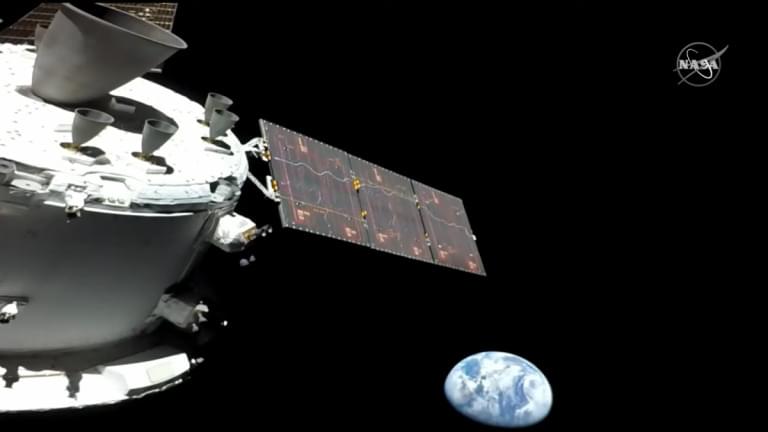
After 25 days in space, is about to conclude its uncrewed test run to the Moon. The mission will draw to a close when the spacecraft splashes down in the Pacific Ocean close to Guadalupe Island, which is 130 nautical miles off the coast of Baja California. Orion is scheduled to hit the water at around 12:40PM ET. NASA’s livestream will start at 11AM and continue after splashdown as a recovery team picks up the capsule. You’ll be able to watch the stream below.
NASA the landing trajectory and splashdown site so as not to pose a threat to people, land or shipping lanes. Just before re-entry, Orion and the European Service Module will separate, with the latter burning up in Earth’s atmosphere.
The crew mobile will carry out a skip entry technique to ensure it accurately arrives at the designated landing site. Orion will edge into the upper part of the atmosphere, then use that and its own lift to “skip” back out before re-entering for the final descent. The atmosphere will reduce Orion’s speed to 325MPH and the 11 parachutes will eventually slow it to a splashdown speed of 20MPH or less.
NASA’s Orion spacecraft is on course for its return to Earth on Sunday, Dec. 11. The spacecraft made its second and final close approach to the Moon at 10:43…
Watch live as our mega Moon rocket launches an uncrewed Orion spacecraft on a six-week mission around the Moon and back to Earth. NASA is targeting Wednesday, Nov. 16, for the launch of the Artemis I Moon mission during a two-hour launch window that opens at 1:04 a.m. EST (0604 UTC). During #Artemis I, Orion will lift off aboard the Space Launch System (SLS) rocket, and travel 280,000 miles (450,000 km) from Earth and 40,000 miles (64,000 km) beyond the far side of the Moon, carrying science and technology payloads to expand our understanding of lunar science, technology developments, and deep space radiation. Through Artemis missions, NASA will land the first woman and the first person of color on the Moon, paving the way for a long-term lunar presence and serving as a steppingstone to send astronauts to Mars. We are going.
PLEASE SUBSCRIBE!! https://www.youtube.com/user/SteviePAX
Become a Channel Member https://www.youtube.com/channel/UCNj6DsIsOi-DHORB-0MGlGQ/join.
INSTAGRAM-https://www.instagram.com/steviepax/?hl=en.
TWITTER-https://twitter.com/steviepax
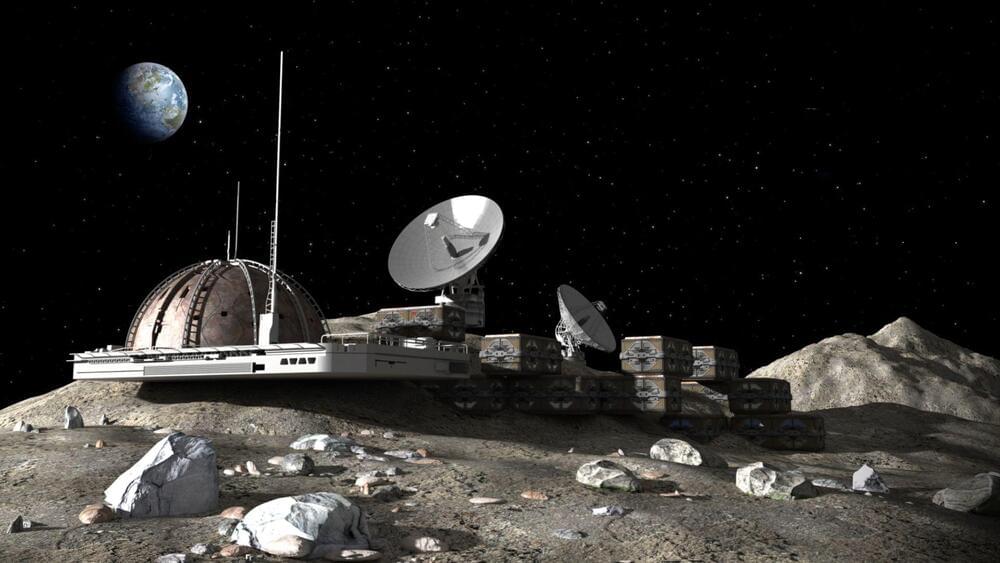
Americium-241 emits power for more than 400 years.
The world’s first space battery fueled by Americium-241, a nuclear-based fuel, will be developed in cooperation between the National Nuclear Laboratory (NNL) and the U.K. Space Agency.
This project will be carried out in a brand-new laboratory in Cumbria costing £19 million ($23 million) and outfitted with cutting-edge machinery and technology, according to a joint press release by NNL and the Space Agency on Friday.
“For the past 50 years space missions have used Plutonium-238 to stop spacecrafts from freezing, but it is in very limited supply,” said professor Tim Tinsley, account director at NNL.
National Nuclear Laboratory.
This project will be carried out in a brand-new laboratory in Cumbria costing £19 million ($23 million) and outfitted with cutting-edge machinery and technology, according to a joint press release by NNL and the Space Agency on Friday.